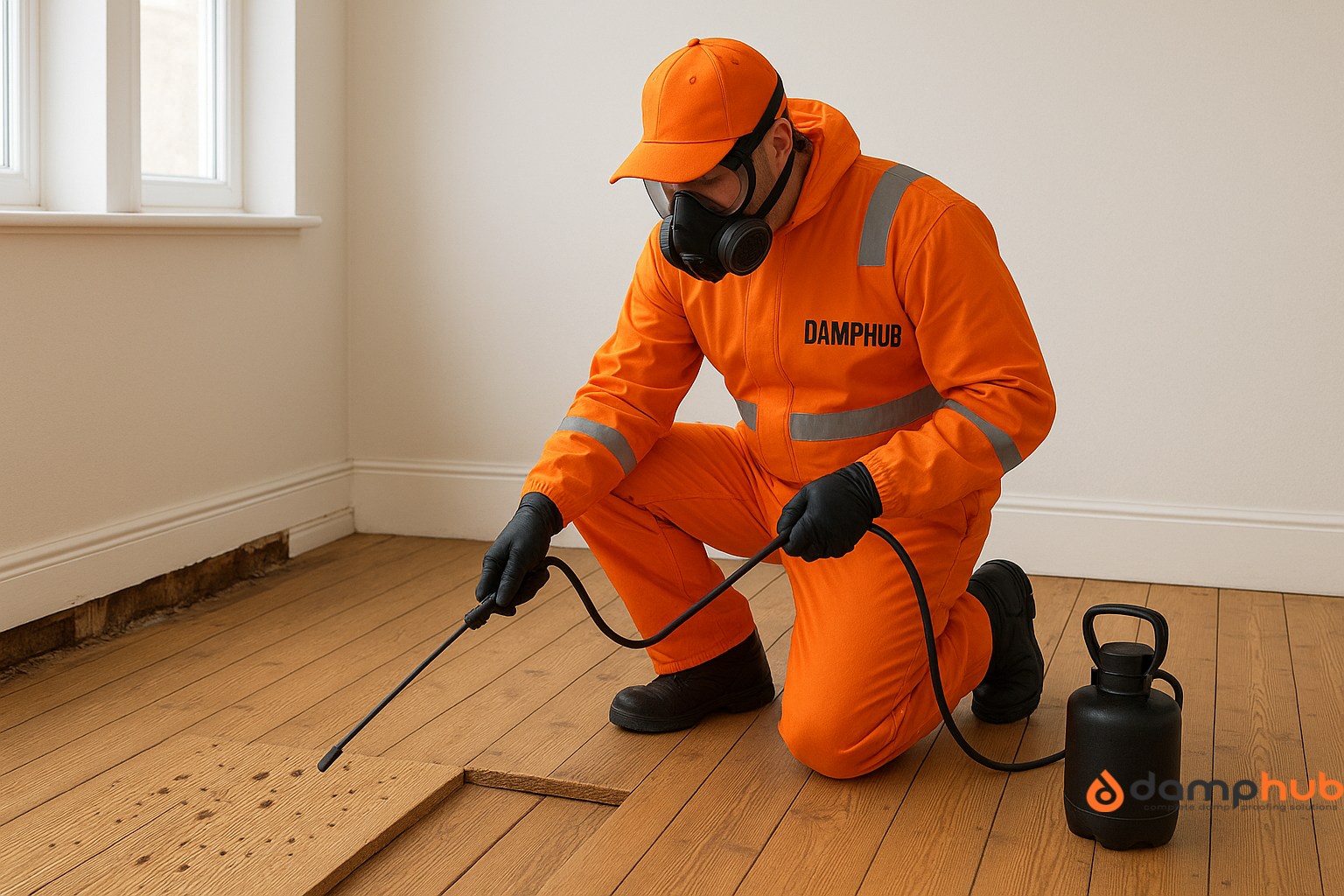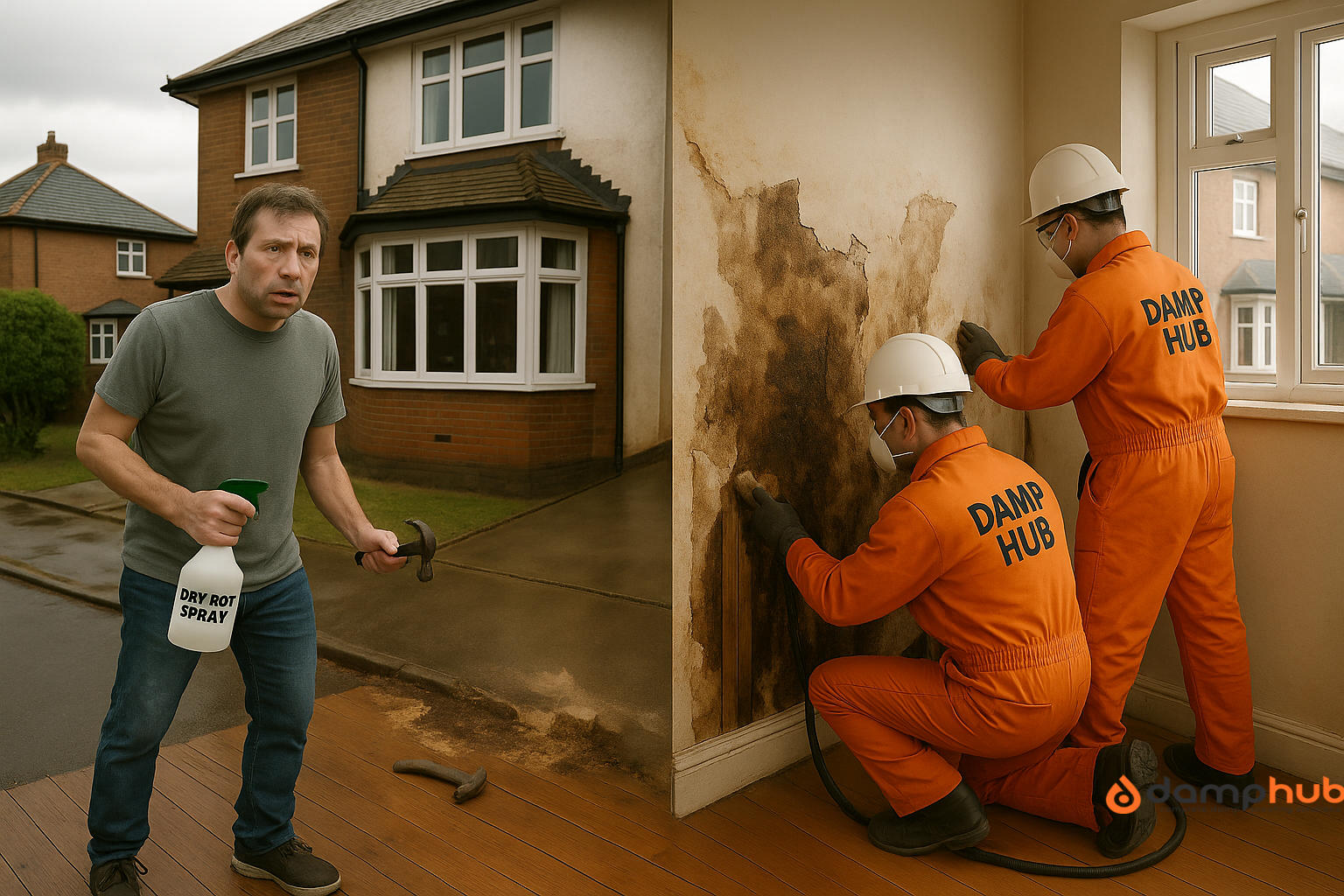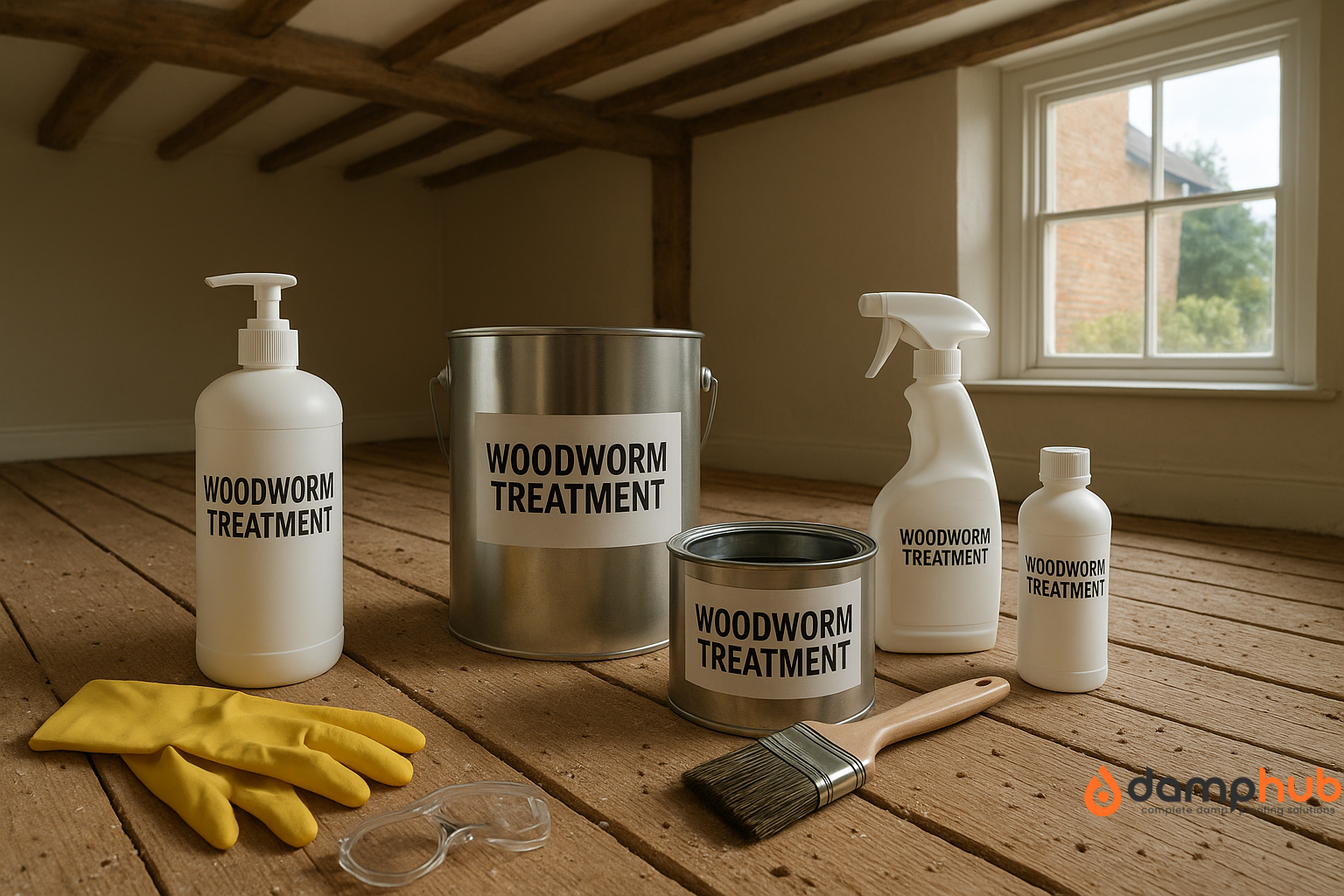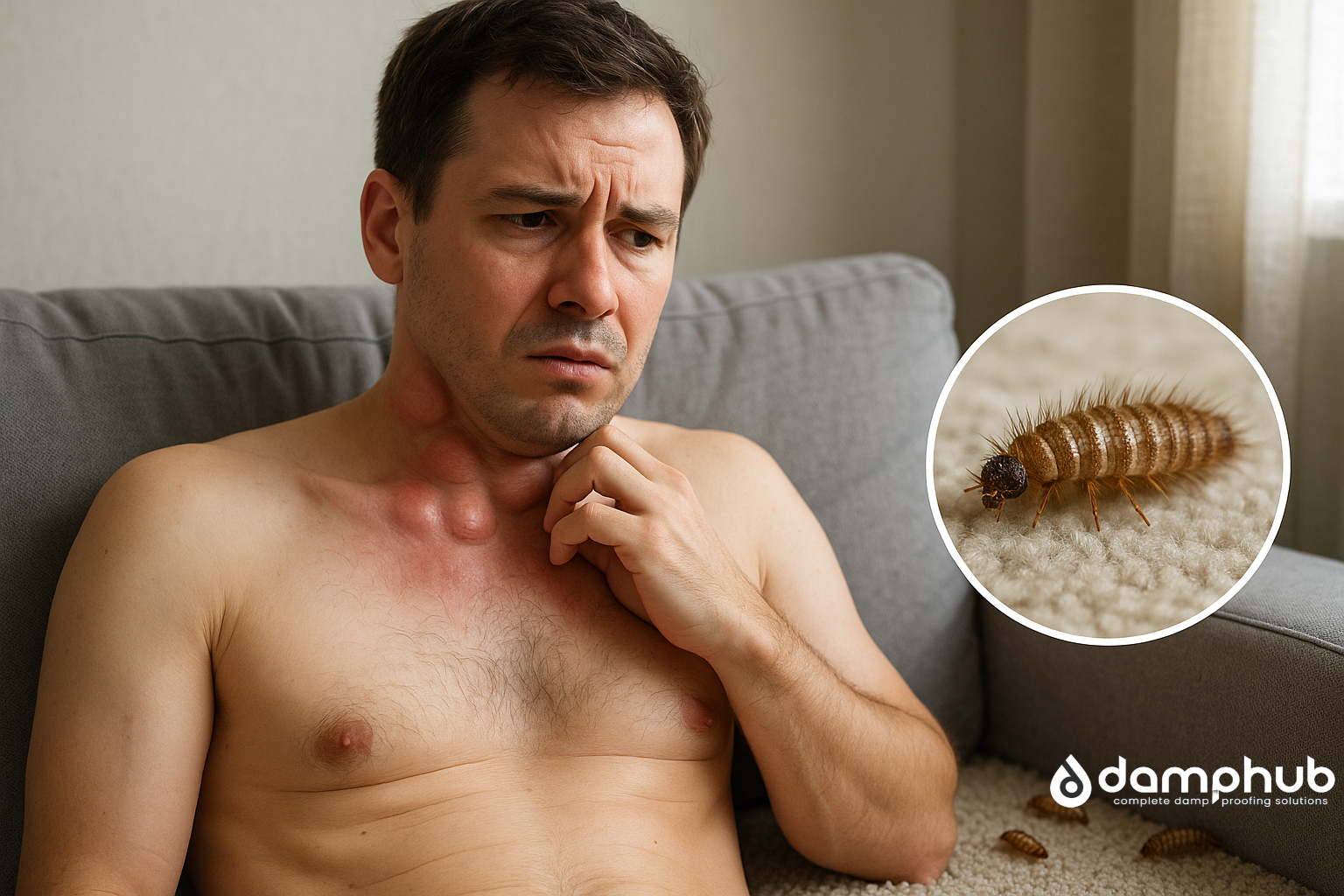
Swollen lymph nodes can leave you second-guessing what’s happening in your body. They usually point to an infection, inflammation, or, on rare occasions, something more serious. But if you’ve been dealing with a carpet beetle infestation at home, you might be wondering: Can carpet beetles cause swollen lymph nodes?
It might sound odd at first, but if you’ve been dealing with itchy rashes, strange bites, or skin reactions after spotting these beetles around your home, the thought naturally creeps in. Could your immune system be reacting not just on the surface, but deeper too?
In this article, we’ll explore what swollen lymph nodes really mean, whether carpet beetles can play a role in triggering them, and the signs that tell you it’s time to get checked by a GP.
But first, it might be helpful to read our other guide if you have noticed carpet beetles in your home: How to Get Rid of Carpet Beetles in the UK
What Are Swollen Lymph Nodes?
Lymph nodes, often called lymph glands, are small, bean-shaped structures located throughout your body, most commonly in the neck, armpits, and groin. Their main job is to filter lymph fluid and trap bacteria, viruses, and other harmful particles before they can spread further.
When lymph nodes become swollen, it typically means your immune system is actively fighting an infection or irritation. This condition is medically known as lymphadenopathy.
Swollen lymph nodes may:
- Feel tender or sore when touched
- Appear larger than usual (ranging from the size of a pea to a grape)
- Be located near the source of the problem (for example, a sore throat often causes swelling in the neck)
In most cases, swelling is temporary and disappears once the underlying issue clears. However, if the swelling persists or the lymph nodes grow unusually large, it might signal a more serious condition. That’s why it’s important to monitor your symptoms and consult a healthcare professional if needed.
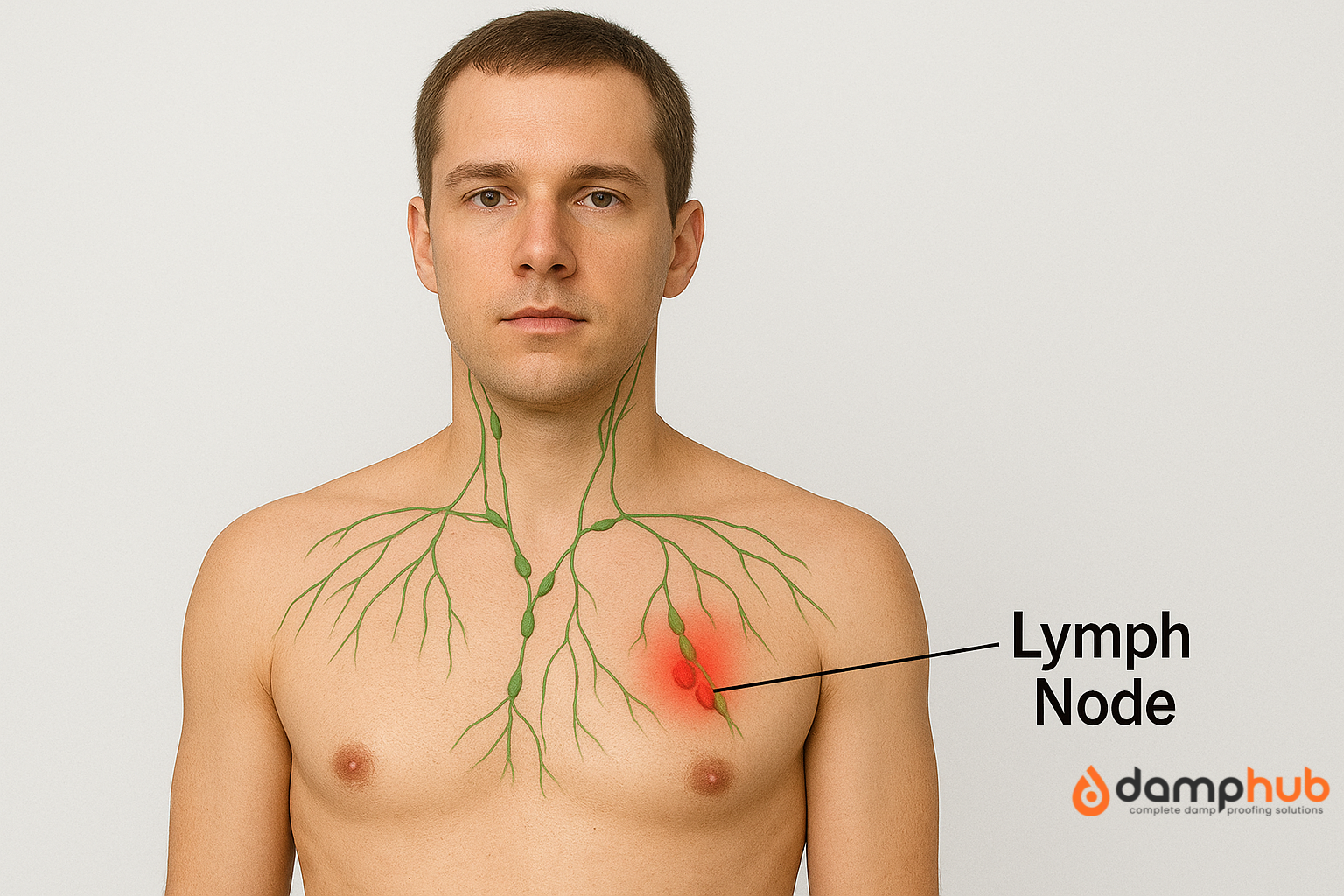
Can Carpet Beetles Cause Swollen Lymph Nodes?
Here’s the truth: carpet beetles don’t bite, and they don’t live inside your body. On their own, the beetles won’t make your lymph nodes swell.
The issue comes from carpet beetle larvae. These small grubs shed tiny hairs (called setae). If those hairs come into contact with your skin, they can irritate and trigger an allergic reaction. In some people, that reaction may include:
- Red, itchy rashes that appear on the areas touched by the hairs
- Raised bumps or welts that can be mistaken for insect bites
- Swelling in nearby lymph nodes as the body responds to the irritation
This happens because the immune system treats the hairs and shed skin as foreign invaders. The body’s defence response creates inflammation, much like it would when reacting to pollen, pet dander, or insect bites. Doctors sometimes refer to this reaction as carpet beetle dermatitis.
How Do Carpet Beetles Cause Swollen Lymph Nodes?
When carpet beetle larvae or their shed hairs touch the skin, they can irritate. The tiny barbed hairs (called setae) can prick or scratch the surface of the skin, leading to redness, itching, and sometimes a rash.
Your immune system sees these hairs as a threat and reacts. If the reaction is strong or affects a larger area, the nearby lymph nodes may swell. This happens because lymph nodes act like filters, collecting and fighting off anything the body sees as harmful.
The swelling (known as lymphadenopathy) develops as immune cells gather in the nodes to deal with the allergen and any resulting skin irritation. In some cases, if the skin becomes infected from scratching, the swelling can be more noticeable.
As aforementioned, this process is very similar to how lymph nodes react when your body is dealing with other irritants, allergens, or insect-related skin problems.
When to Suspect Carpet Beetles vs. Something Else for Swollen Lymph Nodes
It’s important not to jump to conclusions if you notice swollen lymph nodes. Most of the time, they’re caused by common infections such as colds, sore throats, or skin irritations. However, in rare cases, carpet beetles may be the triggering factor, especially if you also notice other allergic symptoms such as rashes, itching, or skin irritation.
Below are the signs to actually tell whether carpet beetles might be behind your swollen lymph nodes:
- Presence of a persistent itchy rash with red bumps or welts, often in areas exposed to infested fabrics or carpet beetle larvae.
- History of contact with wool, feathers, or animal hair-containing items that may harbour beetle larvae.
- Presence of visible carpet beetles or larvae in home areas like carpets, closets, or upholstery.
- Swollen lymph nodes close to the carpet beetle rash or irritated skin.

Who Is at Risk of Swollen Lymph Nodes from Carpet Beetles?
Not everyone who encounters carpet beetles develops swollen lymph nodes or allergic reactions. Those more vulnerable include:
- People with sensitive skin or existing allergies.
- Individuals with frequent or long-term exposure to infested homes or environments.
- People with weakened immune systems who react more strongly to allergens.
- Those in contact with heavily infested natural fibre items, rugs, or stored clothing.
Children and people with skin conditions might also be at slightly higher risk for reactions.
What to Do If You Have Swollen Lymph Nodes from Carpet Beetles
If swollen lymph nodes appear alongside a carpet beetle-related rash or skin irritation:
- Avoid further contact with the beetle larvae and their hairs by eliminating the infestation sources.
- Use anti-itch creams or antihistamines to ease symptoms.
- Keep the affected skin clean to prevent secondary infections.
- Wear protective clothing during cleaning to avoid skin contact with beetle hairs.
- Thoroughly clean or dispose of infested fabrics and vacuum carpets regularly.
If symptoms persist or worsen, or lymph nodes remain swollen beyond a couple of weeks, consult a healthcare provider. In some cases, corticosteroids or other medications might be needed for severe allergic reactions.
How to Prevent Future Swollen Lymph Nodes from Carpet Beetles?
Prevention primarily focuses on controlling carpet beetle infestations:
- Regularly vacuum and clean carpets, rugs, upholstery, and closets.
- Store natural fibre clothing and textiles in sealed containers.
- Launder or dry-clean woollens and animal-based fabrics frequently.
- Inspect and clean areas where pet hair, feathers, or dead insects might accumulate.
- Seal windows, doors, and vents to prevent beetles from entering.
- Use insecticides or pest control experts if infestations become severe.
By reducing exposure to carpet beetles and their larvae, allergic reactions and associated symptoms like swollen lymph nodes can often be avoided.
When to See a GP
Swollen lymph nodes from carpet beetles usually improve with avoiding exposure and minor treatments. However, see a doctor if:
- Swollen nodes last longer than 2-4 weeks.
- Nodes are hard, fixed, or increasing in size.
- Accompanied by fever, night sweats, weight loss, or unexplained fatigue.
- There is a persistent or severe rash or skin infection.
- Concern about other causes, like cancer or infections not related to beetles.
A healthcare professional can evaluate, possibly do tests, and recommend appropriate treatment.
Can Carpet Beetles Cause Lymph Nodes? Answers to Related Questions

Can swollen lymph nodes cause ear pain?
Yes, swollen lymph nodes in the neck can sometimes cause referred pain to surrounding areas, including the ear. This happens because lymph nodes are near nerves that connect to the ear, especially if there is an ear infection or skin irritation nearby.
How to treat swollen lymph nodes while pregnant?
The treatment approach during pregnancy depends on the cause. For swollen lymph nodes due to allergies or minor infections, doctors often recommend rest, hydration, and safe medications like acetaminophen for discomfort. Any medication or treatment should be supervised by a healthcare provider to avoid risks to the fetus.
What other parasites can cause swollen lymph nodes?
Besides carpet beetles, parasites such as toxoplasmosis (from cat faeces or undercooked meat) and infections like cat-scratch disease can cause swollen lymph nodes. Infections from fleas, ticks, and bedbugs can also lead to lymph node swelling due to immune reactions.
How do you know if a swollen lymph node is serious?
Signs include very hard nodes, fixed to surrounding tissue, large (more than 2 cm), painful, or associated with systemic symptoms like unexplained weight loss, fever, or night sweats. Persistent swelling over several weeks without improvement also warrants medical evaluation.
How long is too long for a lymph node to be swollen?
Typically, swollen lymph nodes from infections resolve within 1-4 weeks. If a lymph node remains enlarged beyond a month or keeps growing, it’s advisable to consult a healthcare professional.
Does poking a swollen lymph node make it worse?
Poking or squeezing swollen lymph nodes is not recommended as it can irritate the area or worsen inflammation. It will not help with diagnosis or treatment and might increase discomfort.
Final Thought
In summary, carpet beetles can cause swollen lymph nodes indirectly through allergic skin reactions to their larval hairs. These reactions often include rashes and itching, with nearby lymph nodes swelling as the immune system responds. Preventing infestations and minimising exposure is key to avoiding these symptoms.
While most cases resolve with home care and cleaning, persistent, painful, or unusual swelling should be evaluated by a healthcare provider. Knowing when to seek help can make all the difference in managing swollen lymph nodes effectively. This balanced view helps separate common allergic reactions from more serious health issues without unnecessary worry.



